Bio
REPUTATION MANAGEMENT: THE GOOD LEADER
My phone rang one Monday morning as I sat at my desk.
"I have Richard Branson for you. Please hold," said the caller.
A few seconds later a Bransonesque voice came on.
"Hi. Thanks for taking my call. It's about the article you wrote in yesterday's Independent."
I had written an article in the Independent on Sunday's Business Section on some questionable business practices carried out by British Airways, then run by the famously belligerent Lord King.
Halfway down the article, I had mentioned Virgin Atlantic, comparing their practices, I thought favourably.
The newspaper was on my desk. I scrabbled to open it to the right page.
"Yes, I've got it here," I said, half-convinced this wasn't Richard Branson but my friend Bob playing a prank on me.
After a minute of possible-Branson talking to me the 'possible' vanished. It was really him. Thankfully, I realised that before saying, "Very funny, Bob."
Branson said the article appeared to say that Virgin's practices were the same as BA, so his airline was being criticised, too.
That wasn't so in the article I wrote. I re-read the printed version as quickly as I could.
Halfway down the article, to my horror, the sub-editors had taken out a couple of sentences just before the subject matter switched from BA to Virgin. Their removal had changed the meaning. The contrast with BA wasn't as clear as I had intended.
"Oh, I'm so sorry," I blurted out, ignoring the newspaper lawyers' perennial advice that you never admit a mistake. "The way it's been edited does mean that someone skim reading might get that impression. What would you like us to do?"
I held my breath. Combative Lord King would have insisted on a free half page advert correcting the article if the situation between his airline and the upstart challenger (as Virgin then was) had been reversed.
"That's OK. I understand how it happened now. I can see there was no intent. It was just a mistake," said Branson.
That was it.
"Just a minute," I said, seizing the moment impulsively. "Thank you for being so gracious about that and I promise it won't happen again. While you're there, I know you're interested in stem cells and their shortage and how important they are to researching cures for currently incurable illnesses. You set up the free stem cell bank."
"I did, yes," he said. We talked for a minute about the issues.
"I wonder if you'd be kind enough to endorse a family book about an incurable illness that could be helped with stem cell research?" I said.
He paused for a second. "Send it over and I'll take a look," he said.
I sent him the manuscript of the family book I had just helped my wife finish, 'Learning to Live With Huntington's Disease', along with some words I had drafted from him for our publisher to put on the back cover of the book, based on things he had said to me on the call. With busy people sometimes you have to summarise their words for them.
Two days later my phone pinged in the middle of the night.
"That was very moving," said the text. "Your words are now my words. Use them as you will. Love to you and your family. Richard."
Next morning I called the business editor at the Independent on Sunday to tell her what had happened.
"And will you ever write anything negative about him or Virgin in the future?" she asked.
"No," I said.
"Then he's a very clever businessman, isn't he?" said the cynical business editor.
I firmly believe that's not the case. There are so many stories of Branson acting generously when his employees make mistakes that he was just being consistent.
When it comes to reputation management, authenticity is key. One act of generosity with your time and attention is worth millions in PR spend. Because it goes viral.
As Emerson wrote, "What you do speaks so loudly, I cannot hear what you say."


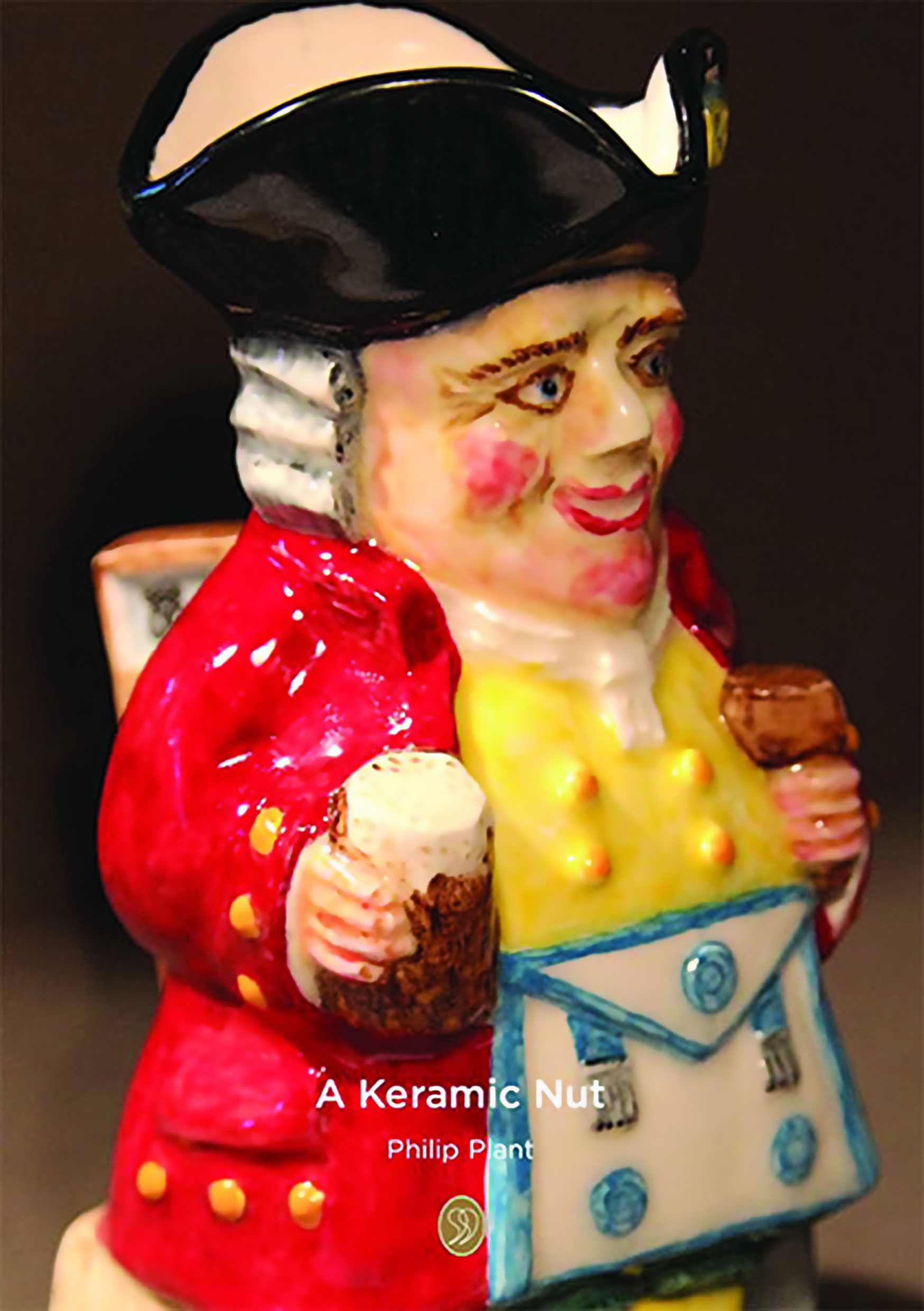

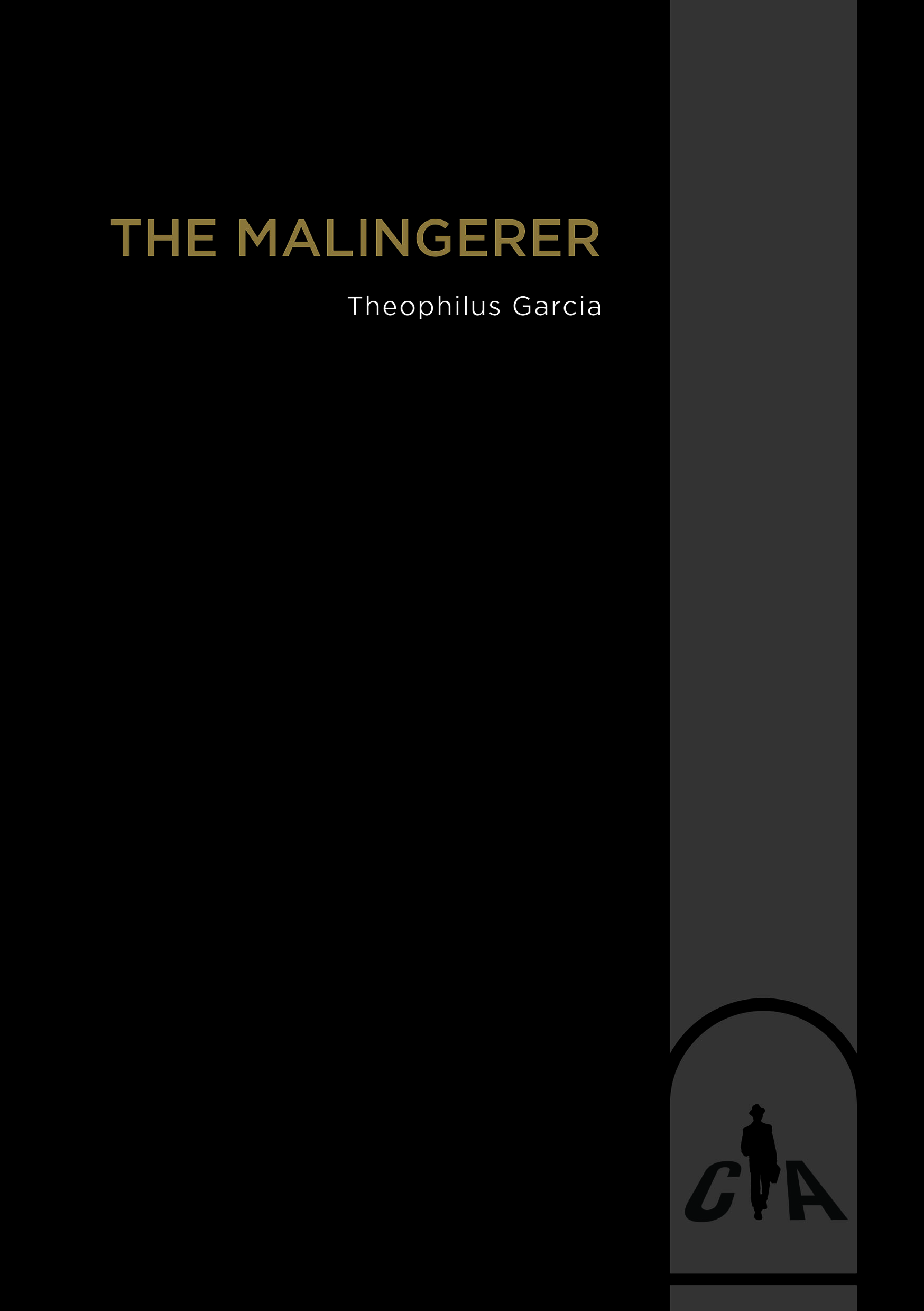

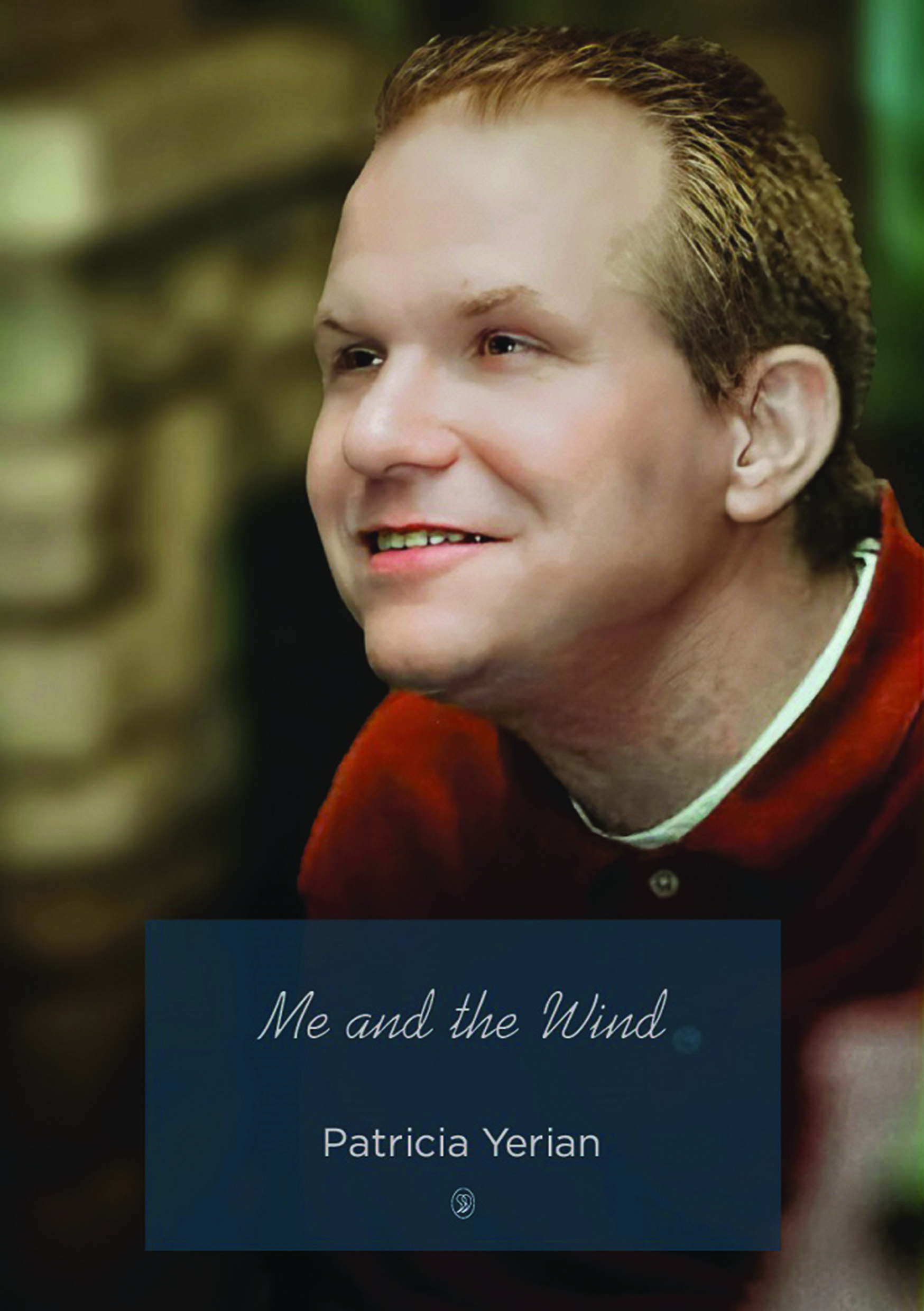



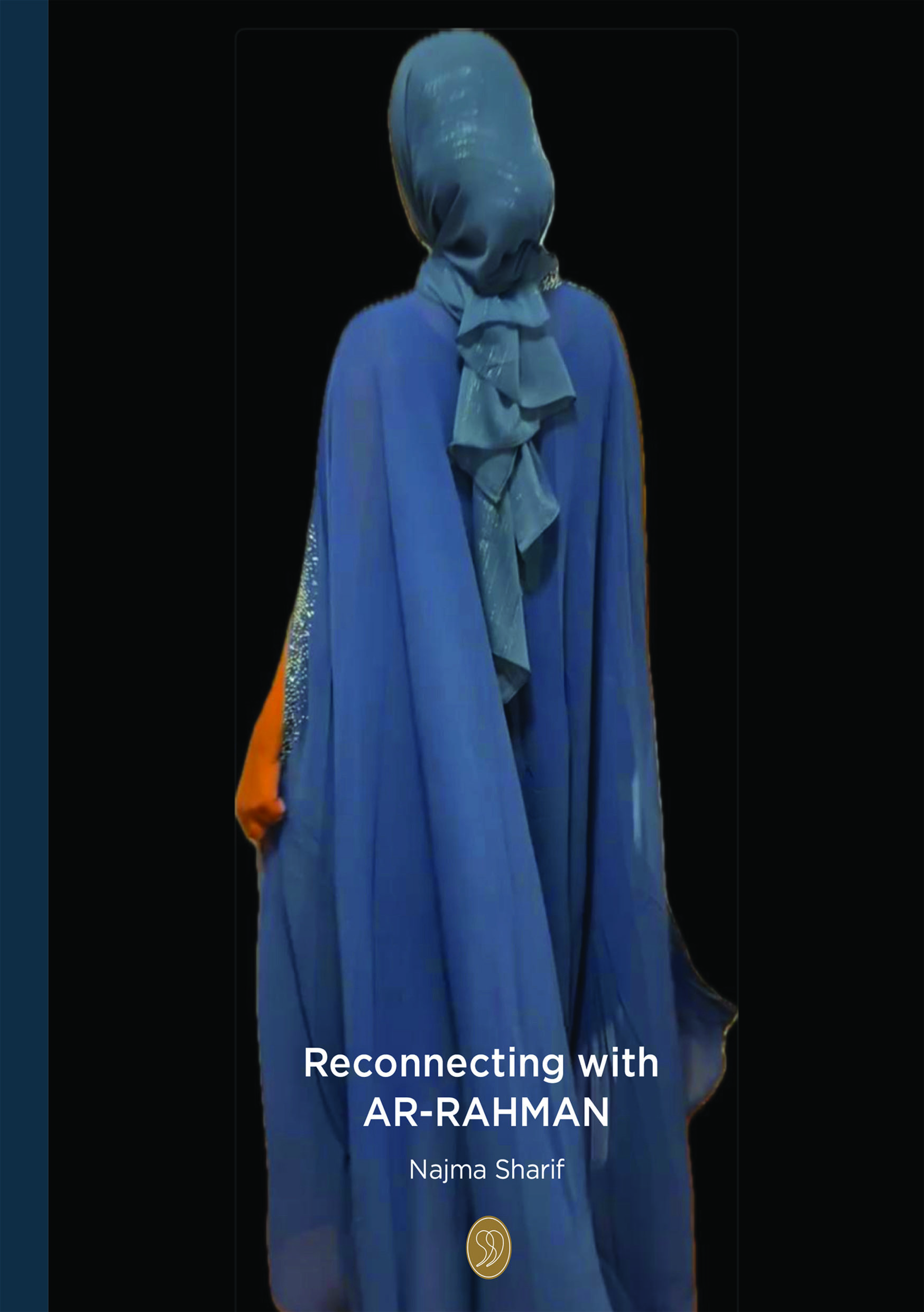

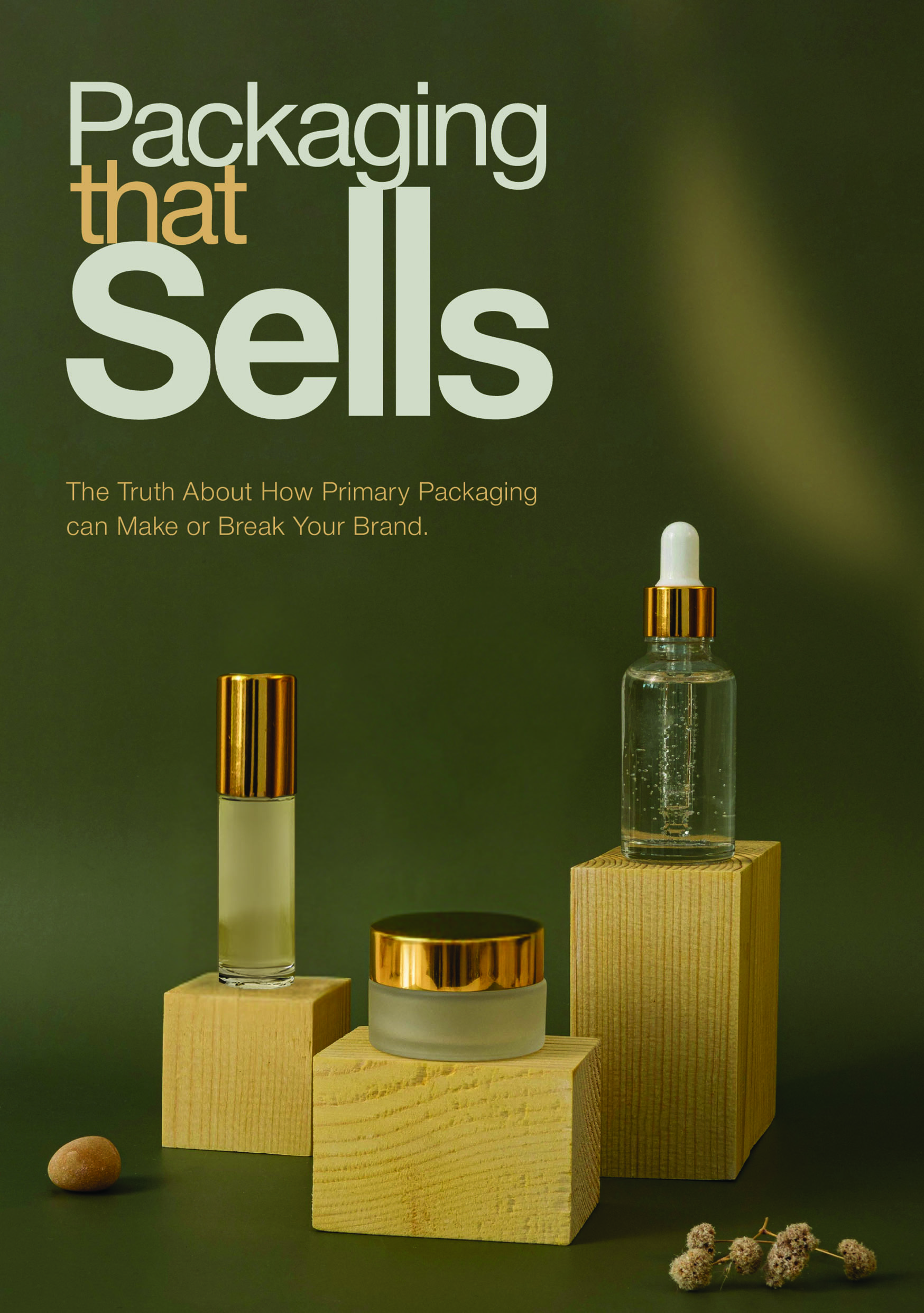





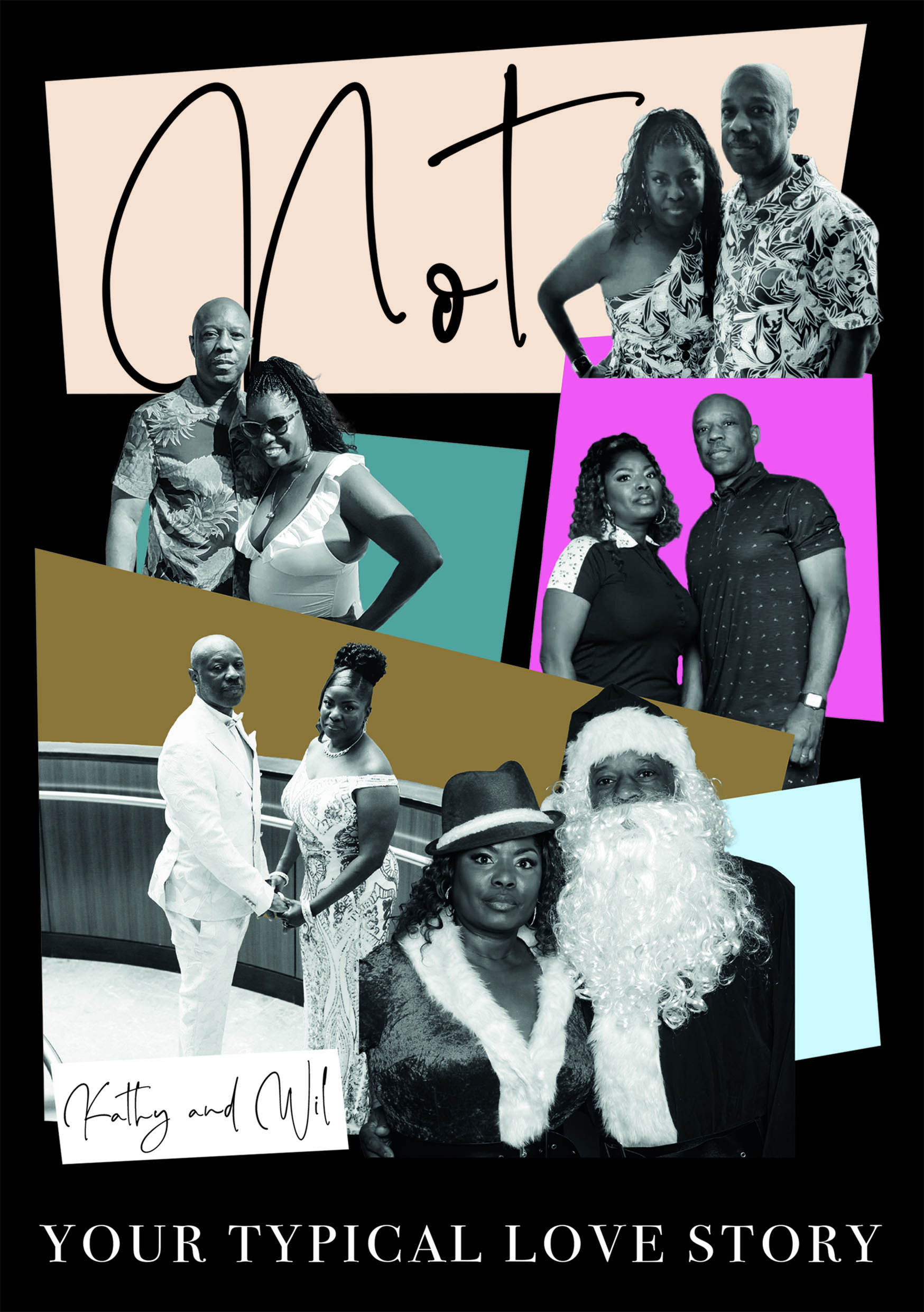

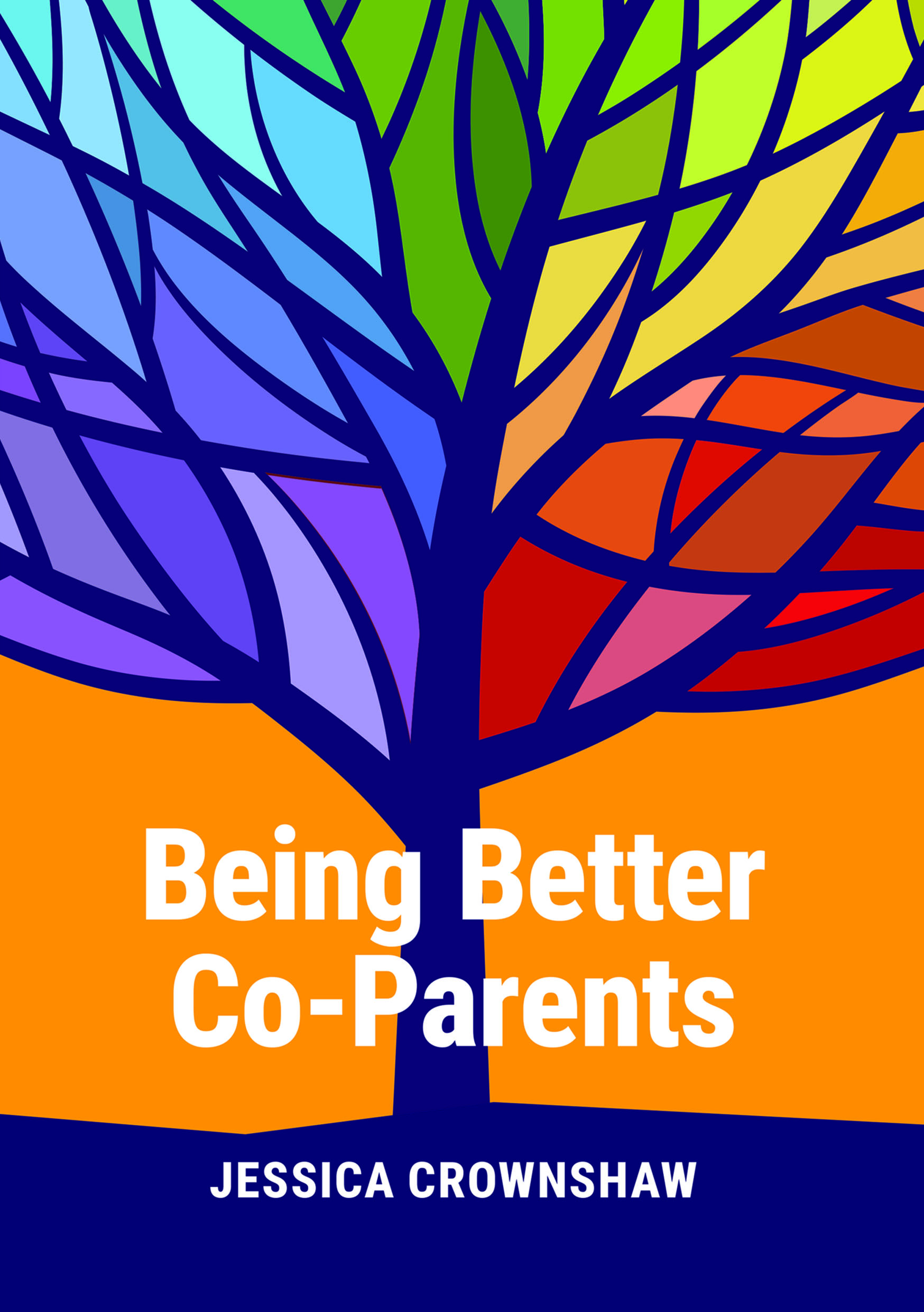

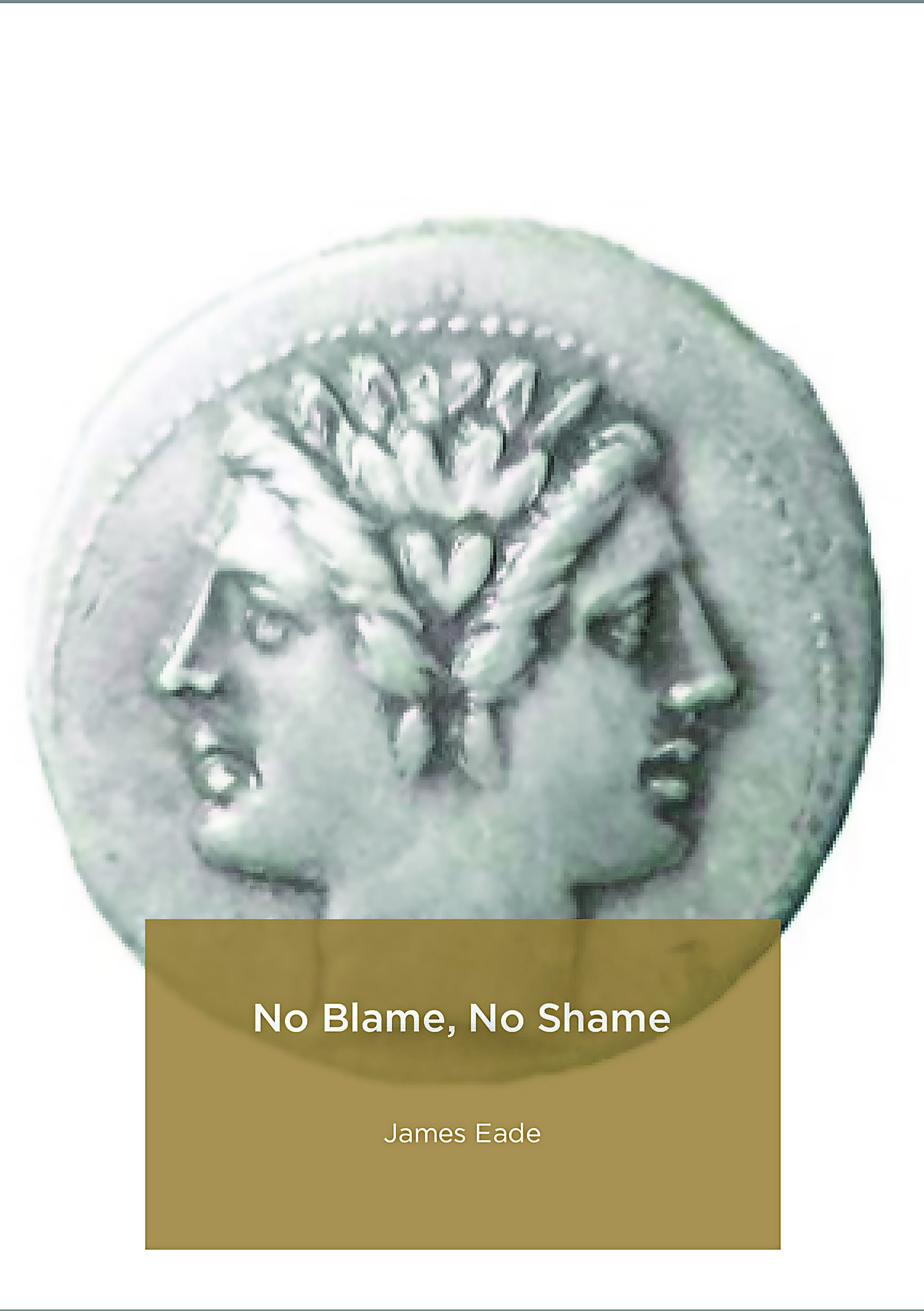

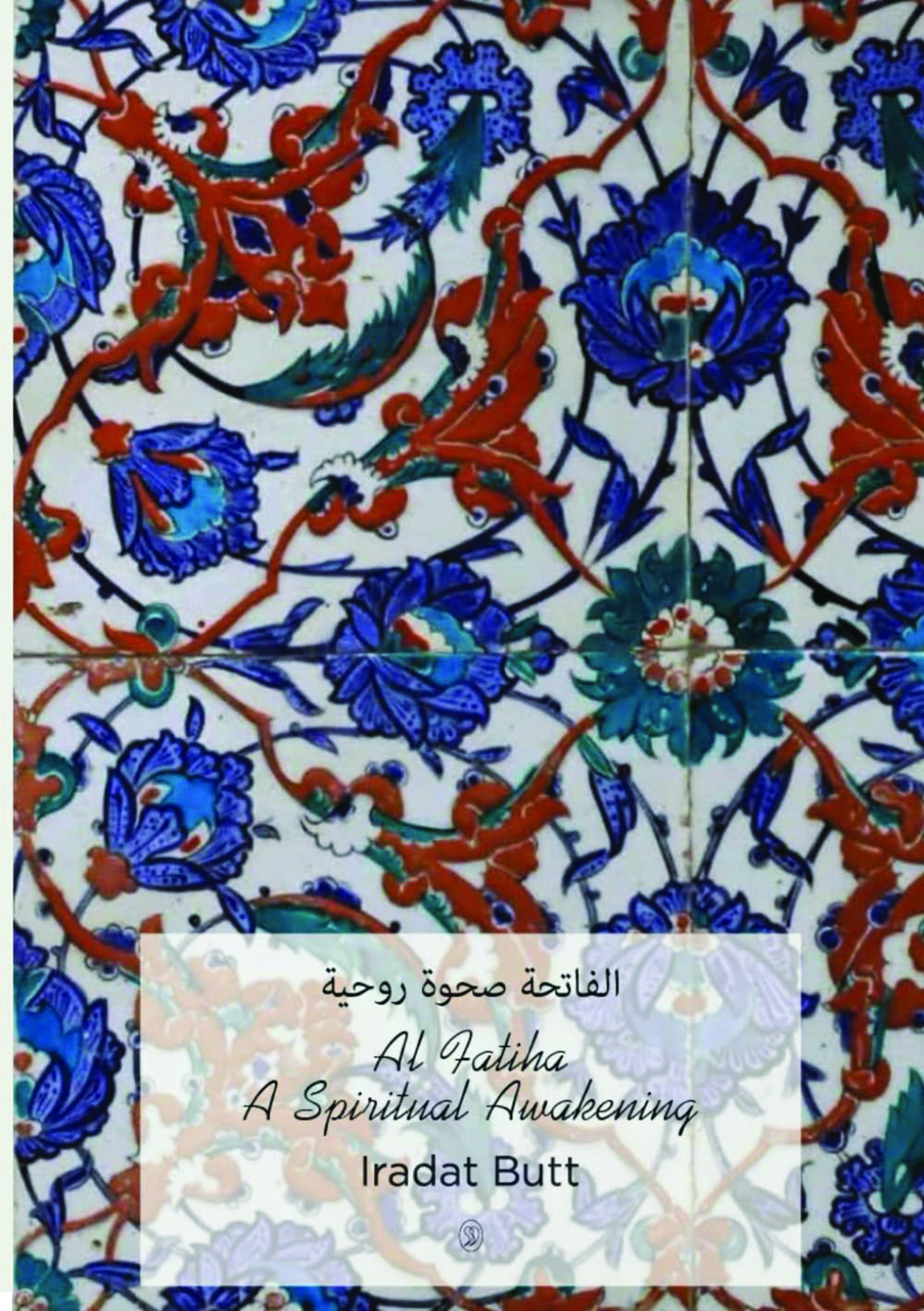





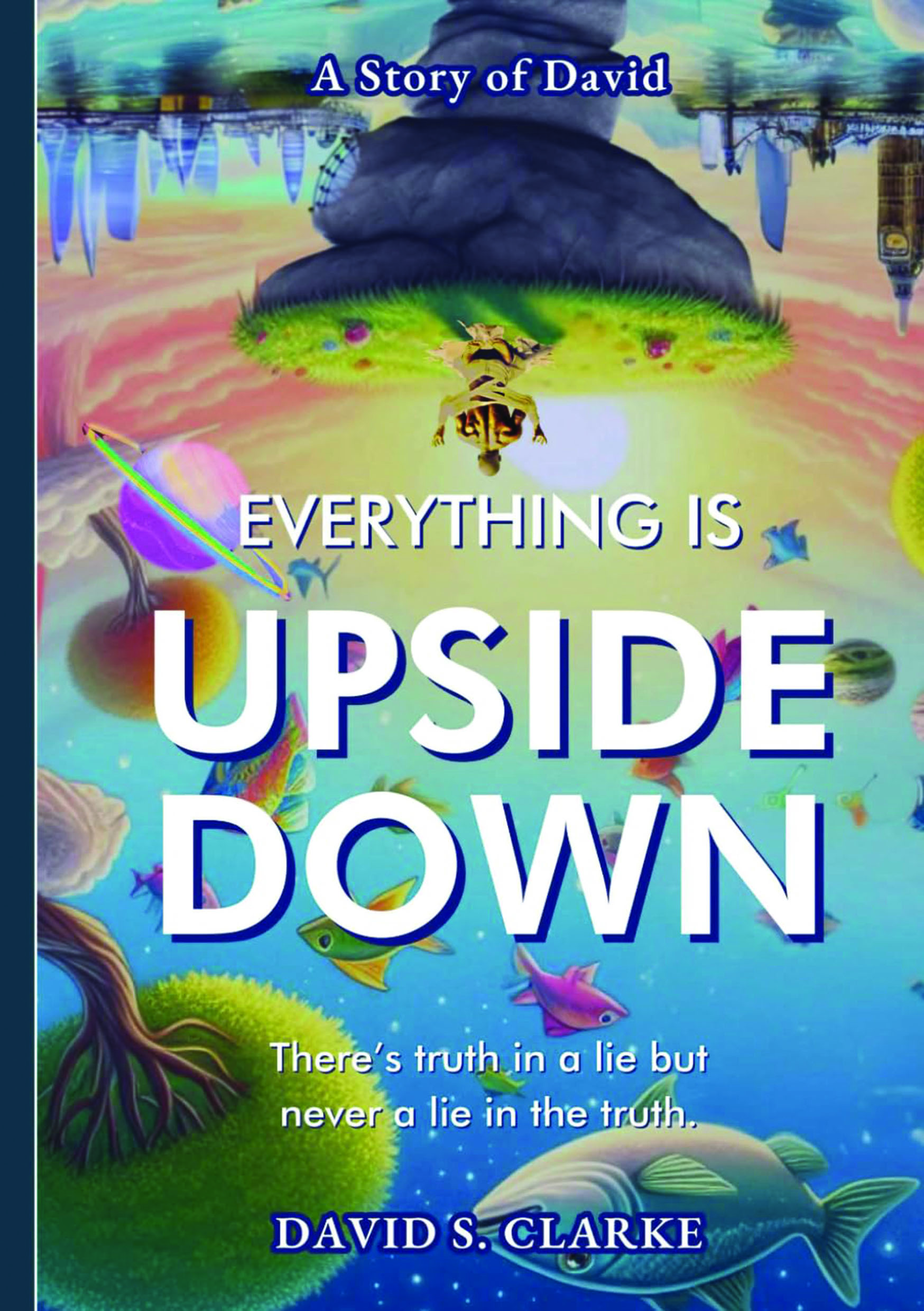



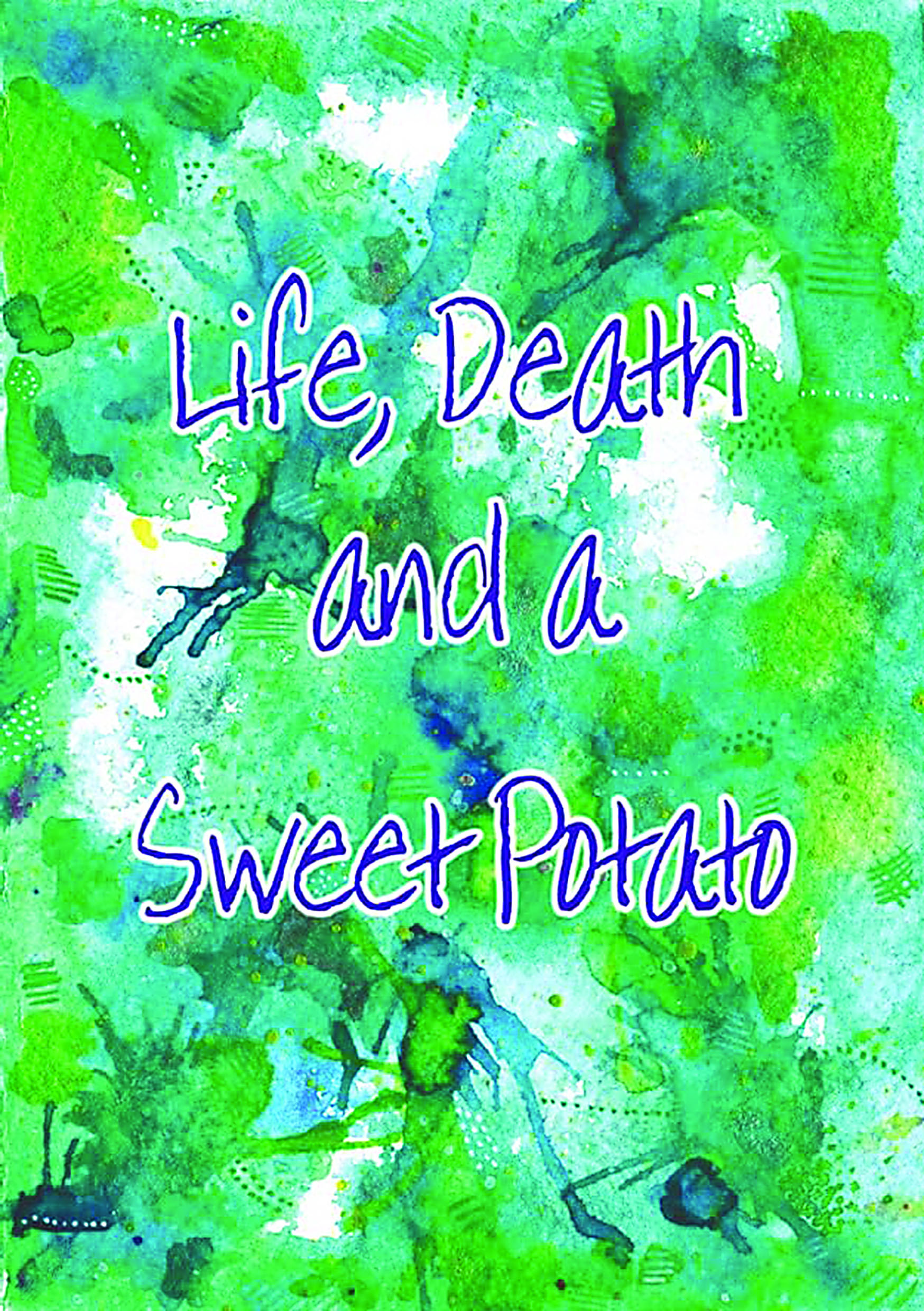

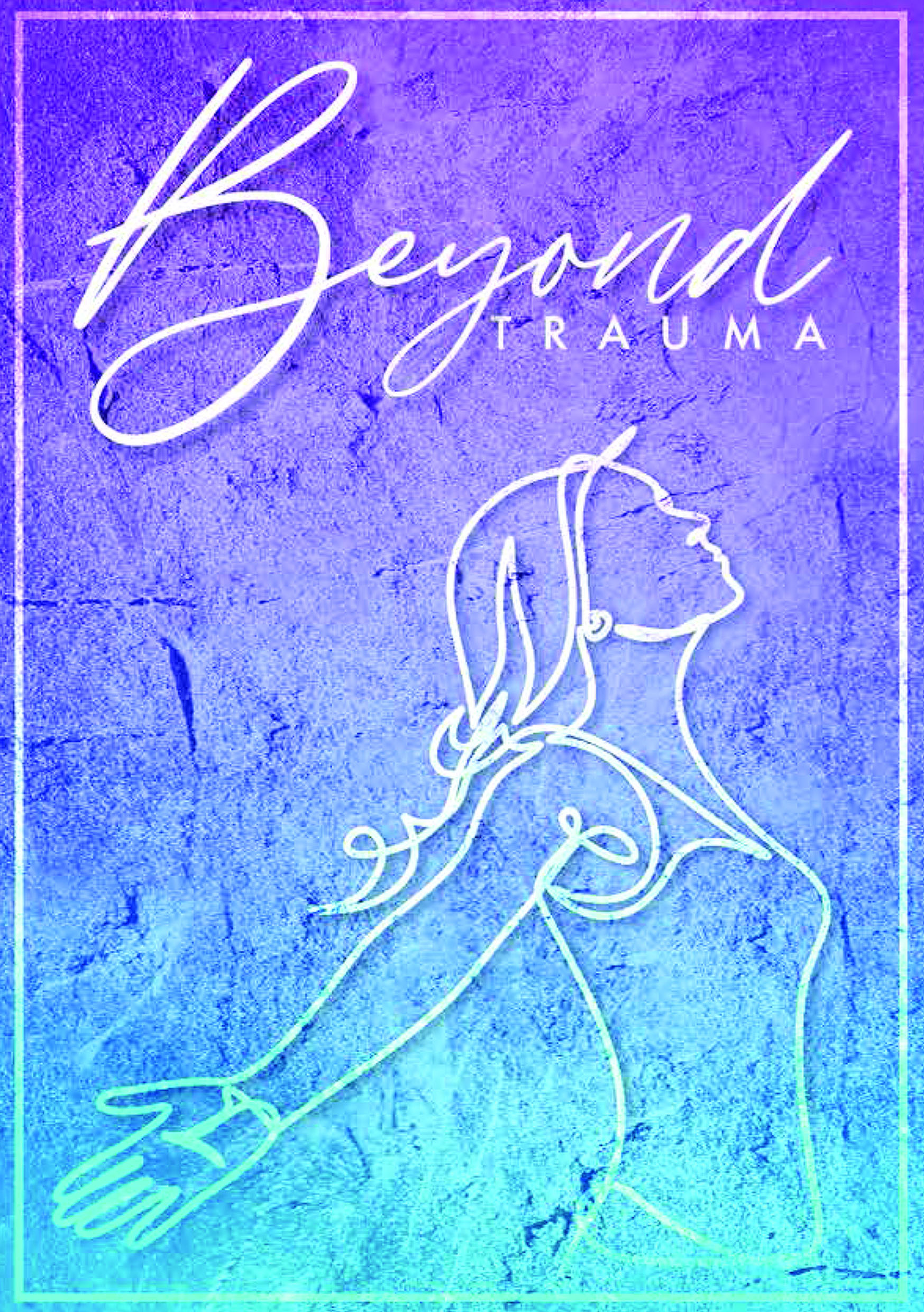

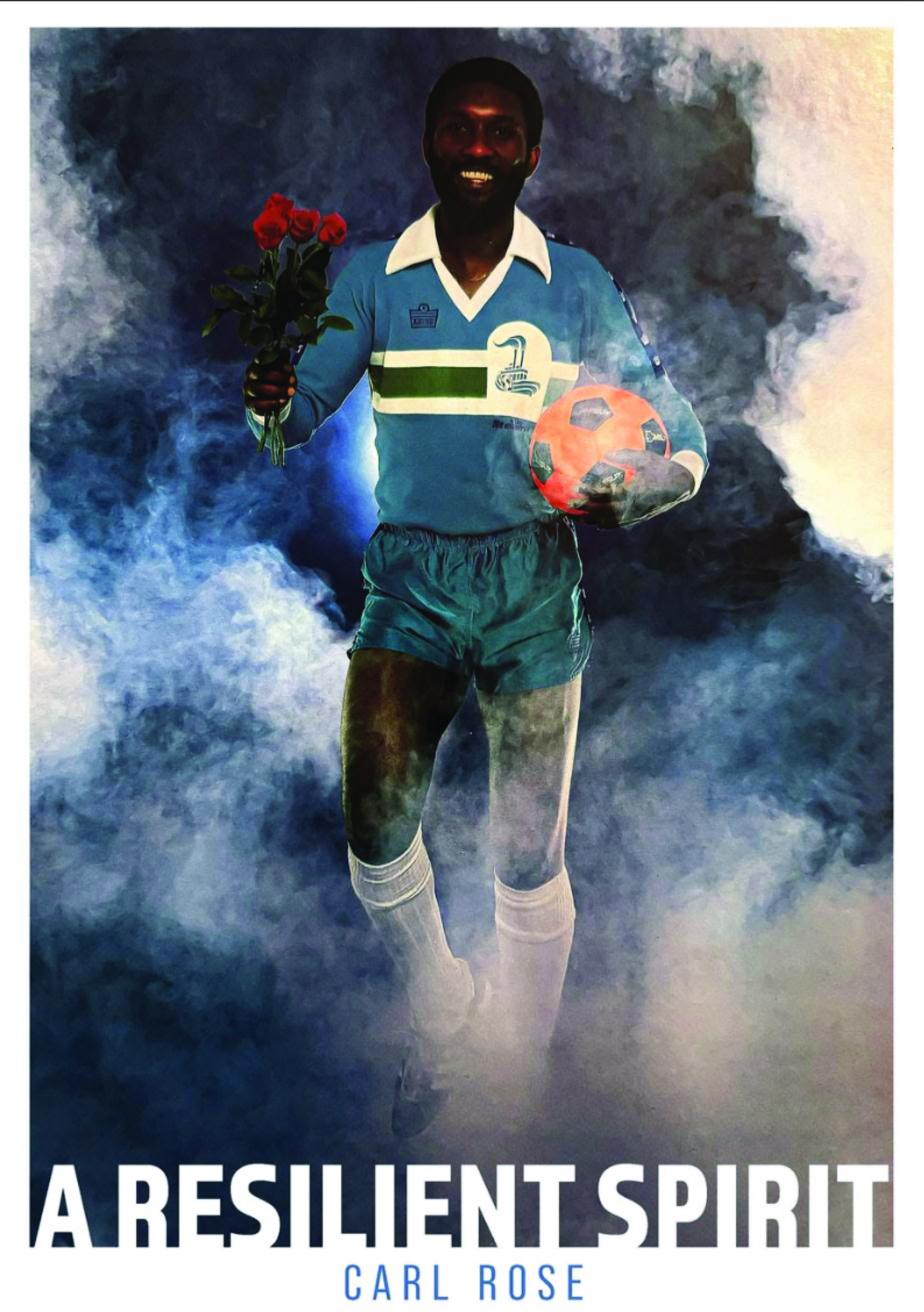





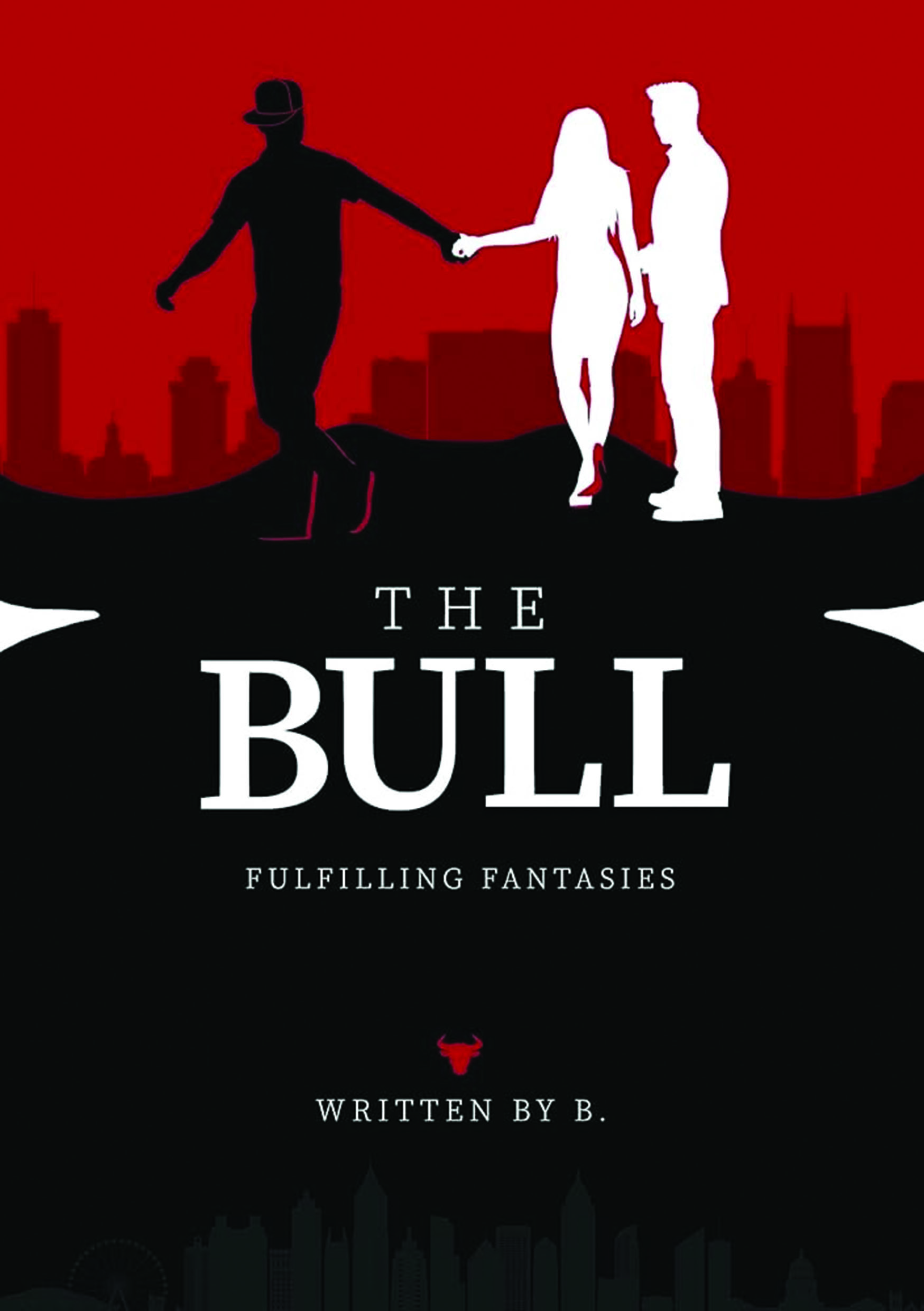

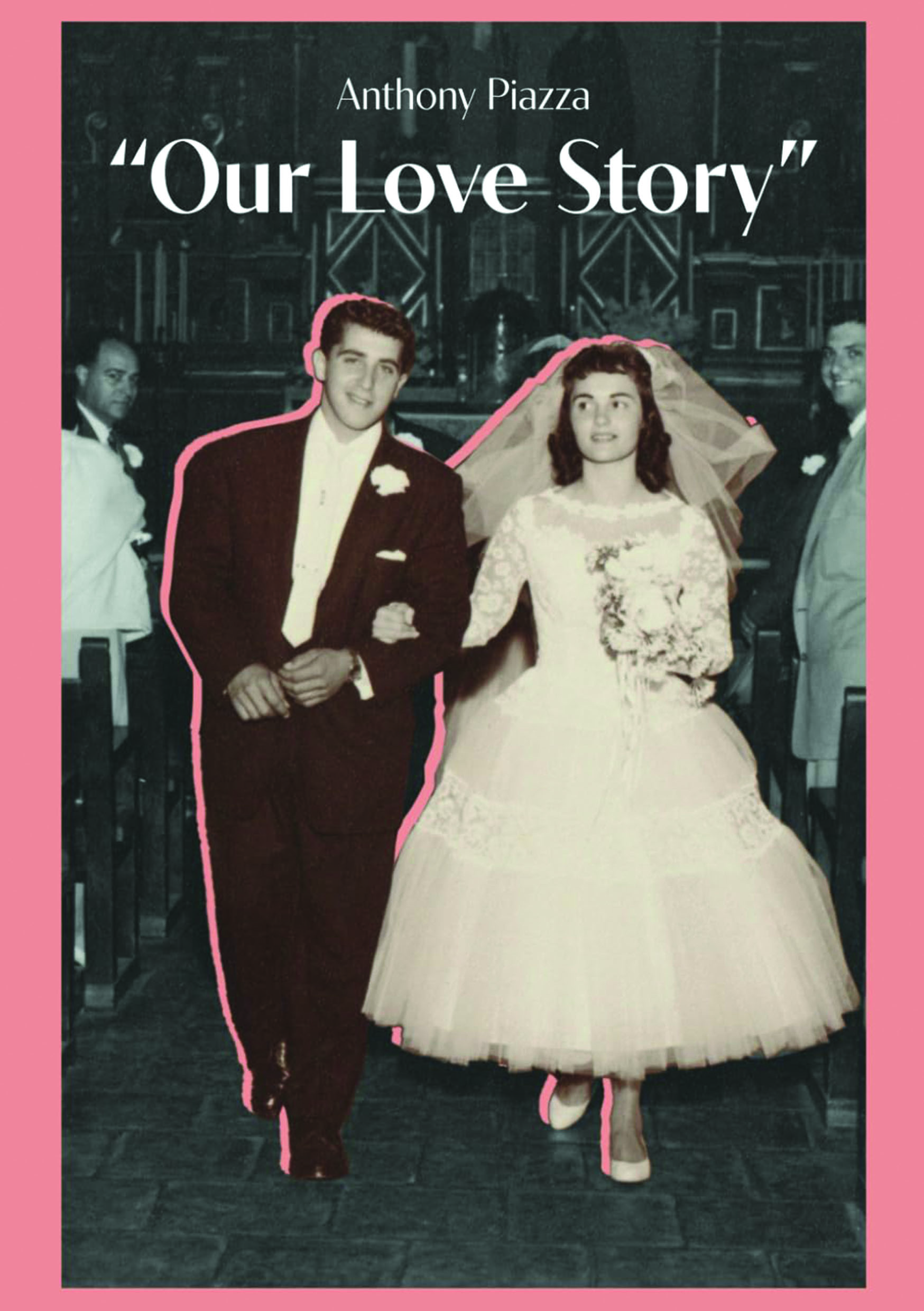

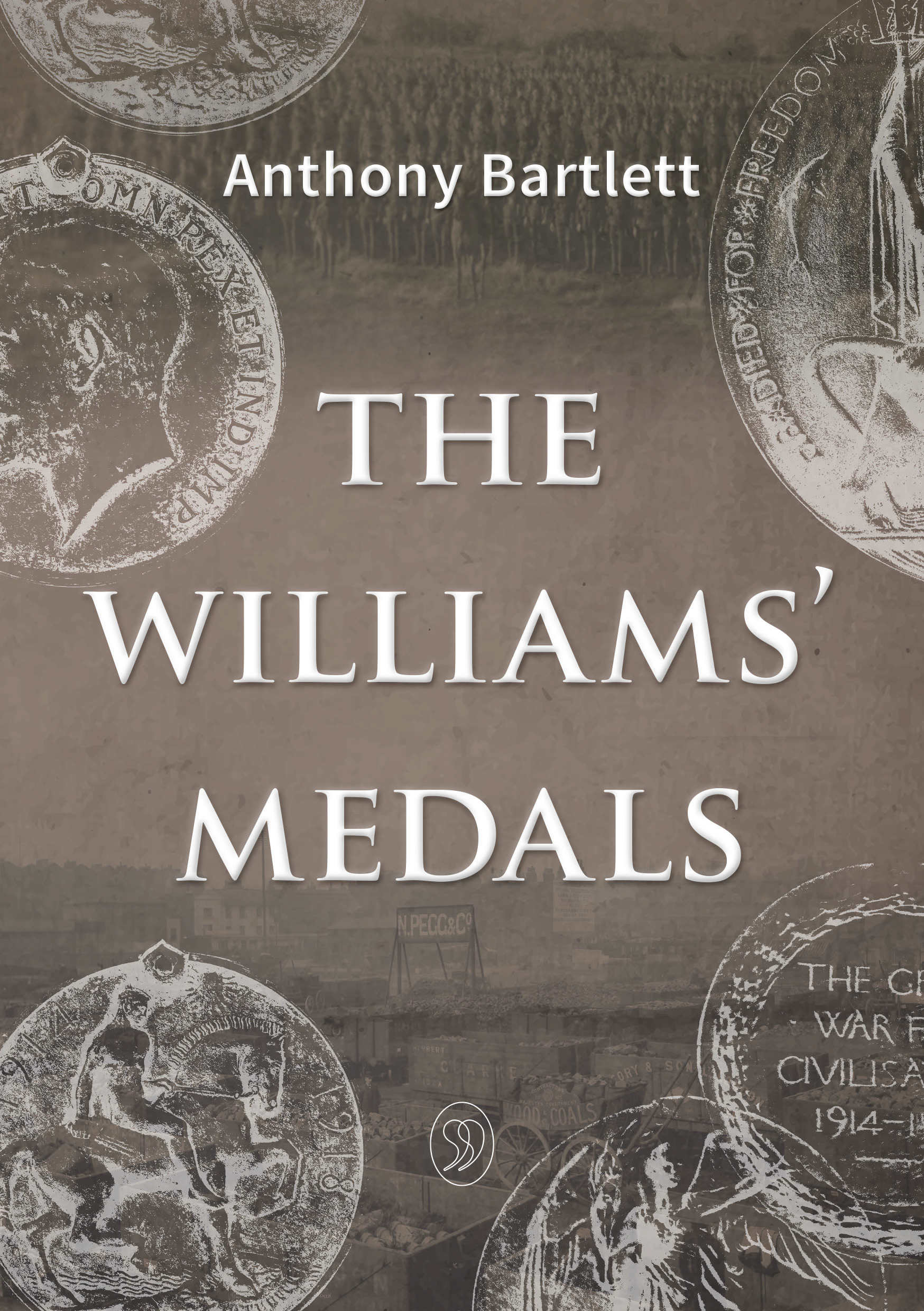

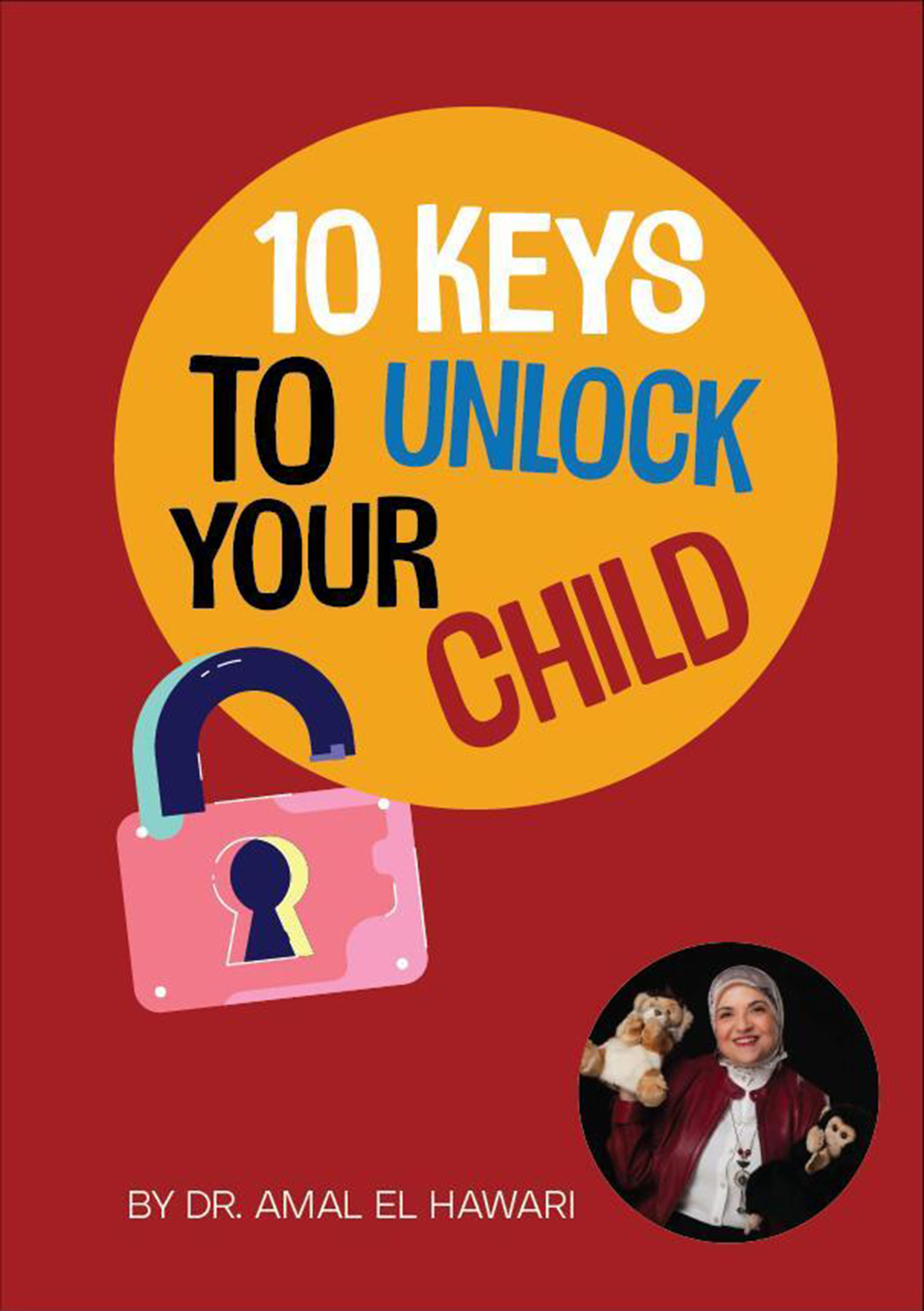

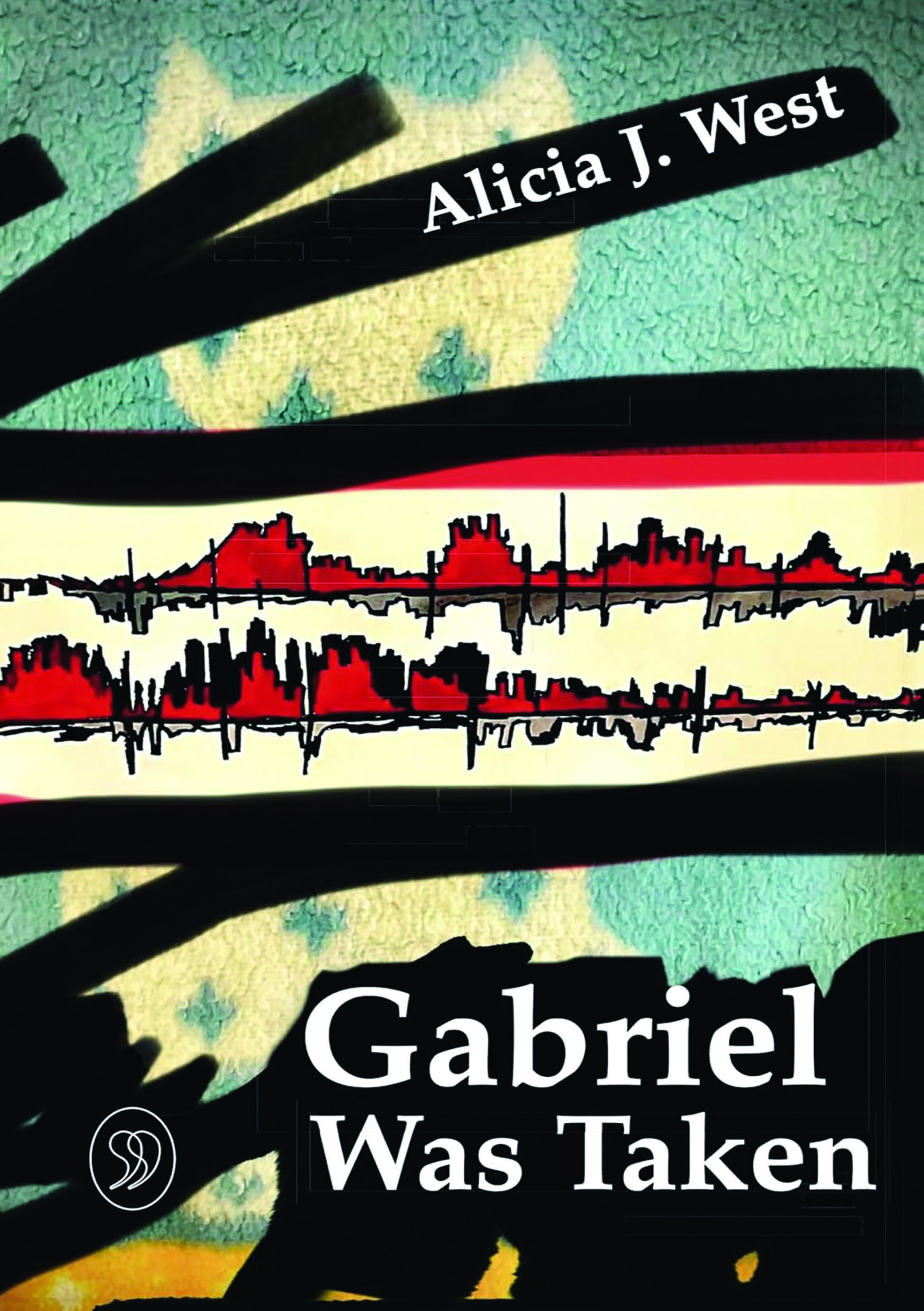









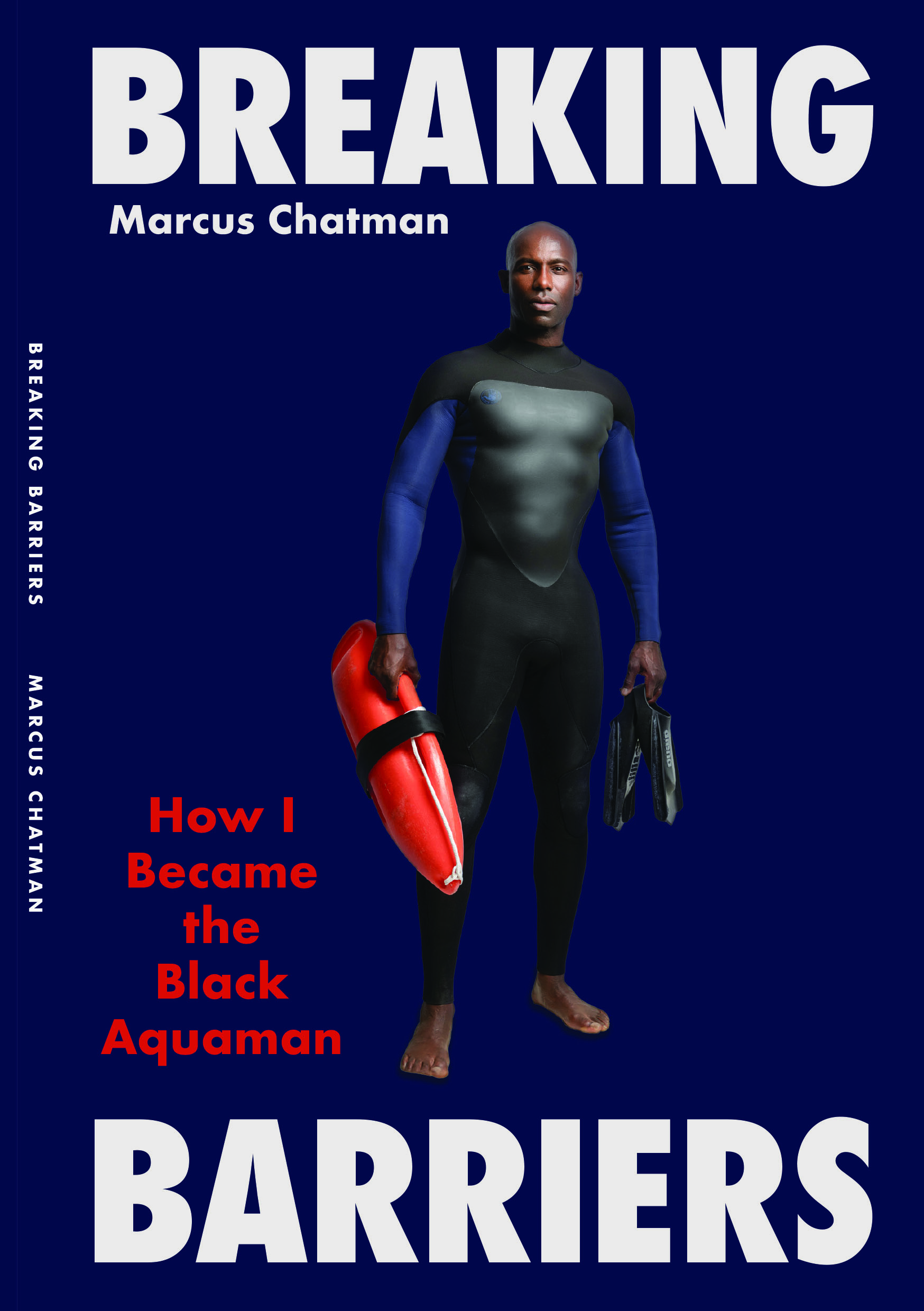



.jpg)









.webp)
























